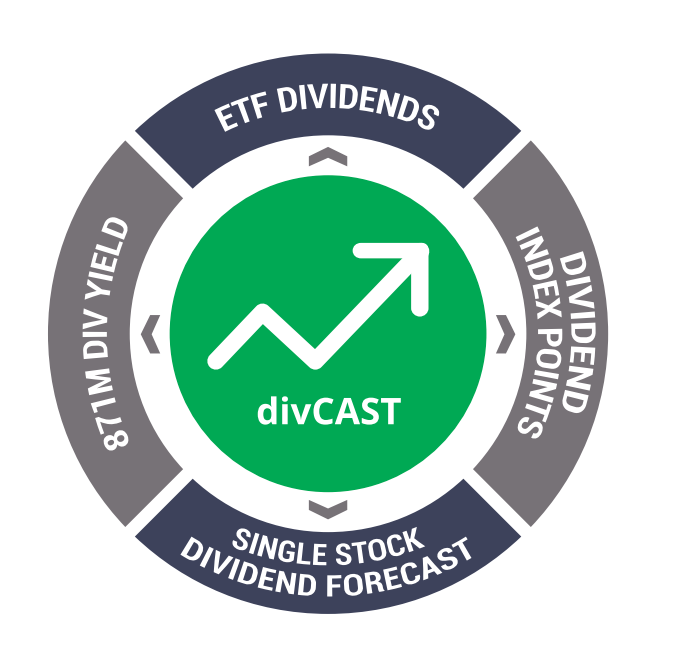About Corporate Actions
Overview of Corporate Actions
Corporate actions are important events that can relate to a company as a whole and/or its shares, bonds, other instruments. Corporate actions can include cashflows to or from shareholders or creditors; issuance or redemption/buyback/tender offers of shares or bonds; meetings and shareholder/bondholder voting; partial or full changes of control or ownership; litigation settlements, defaults and changes to going concern status such as entering or exiting liquidation, insolvency, administration or bankruptcy.
Corporate actions can also simply disseminate information such as a change in domicile or registered office. Corporate actions can be mandatory, mandatory with options or elections, or voluntary. Where there are choices, they can be complicated and error-prone. For instance, dividends can be paid in cash or stock and in various currencies.
There may be multiple resolutions to vote on at meetings. There could be multiple outcomes and instruction possibilities. In merger deals, the value of different possible considerations can depend on share prices and in some countries there may be appraisal rights or other minority shareholder squeeze out processes for shareholders who are not happy with an offer. There could be more than 70, 80 or 100 different types of corporate events, depending on how they are defined and categorised.
Role in Financial Markets
Corporate actions will often have a substantial impact on prices and trading volumes of shares and bonds. For instance a takeover bid is nearly always at a premium to the recent share price, and conversely shares tend to fall by the amount of the dividend when they go ex-dividend. A secondary offering of shares or a buyback will naturally lead to more volumes being traded, while a delisting or insolvency will usually prevent further trading on a mainstream exchange, even though it might continue on some sort of over the counter venue.


Historical Perspective
The oldest corporate actions are as old as the first companies. The oldest continuously operating company is Japanese construction firm, Kongo Gumi, founded in 578 AD. The Dutch East India Company, established in 1602, is thought to be the oldest joint stock company, which had multiple shareholders that needed to be informed of corporate actions.
The volume of corporate actions has grown over the decades, as the number of issuers and instruments has grown. Financial innovation in structuring different types of issues, offers, buybacks, mergers etc has increased complexity as well.

